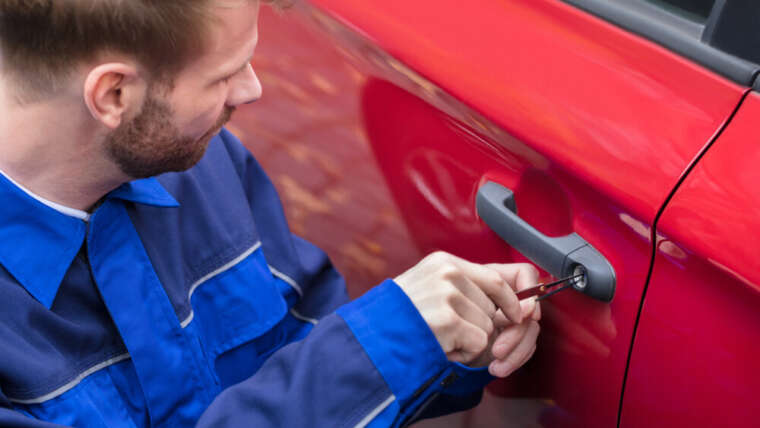When it comes to securing your home or business, choosing the right lock is a critical decision. The right lock can provide peace of mind, deter burglars, and protect your valuables. However, with so many options available, it can be overwhelming to make the right choice. In this blog post, we’ll guide you through the process of choosing the right lock for your specific needs.
Understanding Your Security Needs
The first step in choosing the right lock is to assess your security needs. Consider the location and purpose of the lock. Are you securing an exterior door, an interior office door, or a valuable cabinet? Exterior doors require higher security locks, such as deadbolts, while interior doors may only need a simple knob lock for privacy.
Think about the level of security you need. High-risk areas, such as front doors or business entrances, may require locks with advanced security features. Evaluate the potential risks and choose a lock that provides adequate protection.
Types of Locks
There are several types of locks to choose from, each with its own advantages and security features:
- Deadbolts: These are one of the most secure types of locks, ideal for exterior doors. Deadbolts come in single-cylinder and double-cylinder varieties. Single-cylinder deadbolts are operated with a key from the outside and a thumb turn from the inside, while double-cylinder deadbolts require a key on both sides.
- Knob Locks: Commonly used for interior doors, knob locks have the lock mechanism built into the doorknob. They are not recommended for exterior doors due to their relatively low security.
- Lever Handle Locks: These are often used in commercial settings and are easier to operate than knob locks, making them suitable for doors that need to comply with accessibility standards.
- Smart Locks: These high-tech locks offer keyless entry and can be controlled remotely via a smartphone app. They often feature additional security measures like biometric authentication (fingerprint or facial recognition) and can integrate with home security systems.
- Padlocks: These are portable locks that come in various sizes and security levels. They are versatile and can be used to secure gates, sheds, storage units, and more.
Lock Grades
Locks are graded by the American National Standards Institute (ANSI) based on their durability and security. The grading system ranges from Grade 1 to Grade 3:
- Grade 1: These locks offer the highest level of security and are typically used in commercial settings.
- Grade 2: These provide good security and are suitable for residential and light commercial use.
- Grade 3: These are basic locks that provide minimal security, often used for interior doors.
When choosing a lock, consider the ANSI grade to ensure it meets your security requirements.
Key Control
Key control is an important aspect of lock security. It refers to the ability to control who can make copies of your keys. For enhanced security, look for locks with patented keyways or restricted keys that cannot be duplicated without proper authorization.
Additional Features
When selecting a lock, consider additional security features that can provide extra protection:
- Anti-Drill: These locks have hardened steel pins or plates that make them resistant to drilling attacks.
- Anti-Pick: These locks have specialized pins that make them difficult to pick.
- Anti-Bump: These locks are designed to resist bumping, a technique used to defeat locks by using a specially cut key.
For smart locks, additional features to consider include remote access, usage history, and compatibility with home automation systems.
Consult a Professional Locksmith
If you’re unsure about which lock is right for you, consult a professional locksmith. They can provide expert advice, recommend the best lock for your needs, and ensure proper installation.
Budget Considerations
While security is a top priority, it’s important to consider your budget. Higher security locks tend to be more expensive, but investing in a quality lock can save you from potential losses due to break-ins. Find a balance between security and affordability.
Maintenance and Durability
Choose a lock that is known for its durability and ease of maintenance. High-quality locks are more resistant to wear and tear and can provide long-lasting security. Regularly check and maintain your locks to ensure they are functioning properly.
Conclusion
Choosing the right lock is essential for securing your property and protecting your valuables. By understanding your security needs, knowing the different types of locks, considering lock grades, key control, and additional features, and consulting with a professional locksmith, you can make an informed decision. Remember to balance security with your budget and choose a durable lock that will provide long-term protection.
